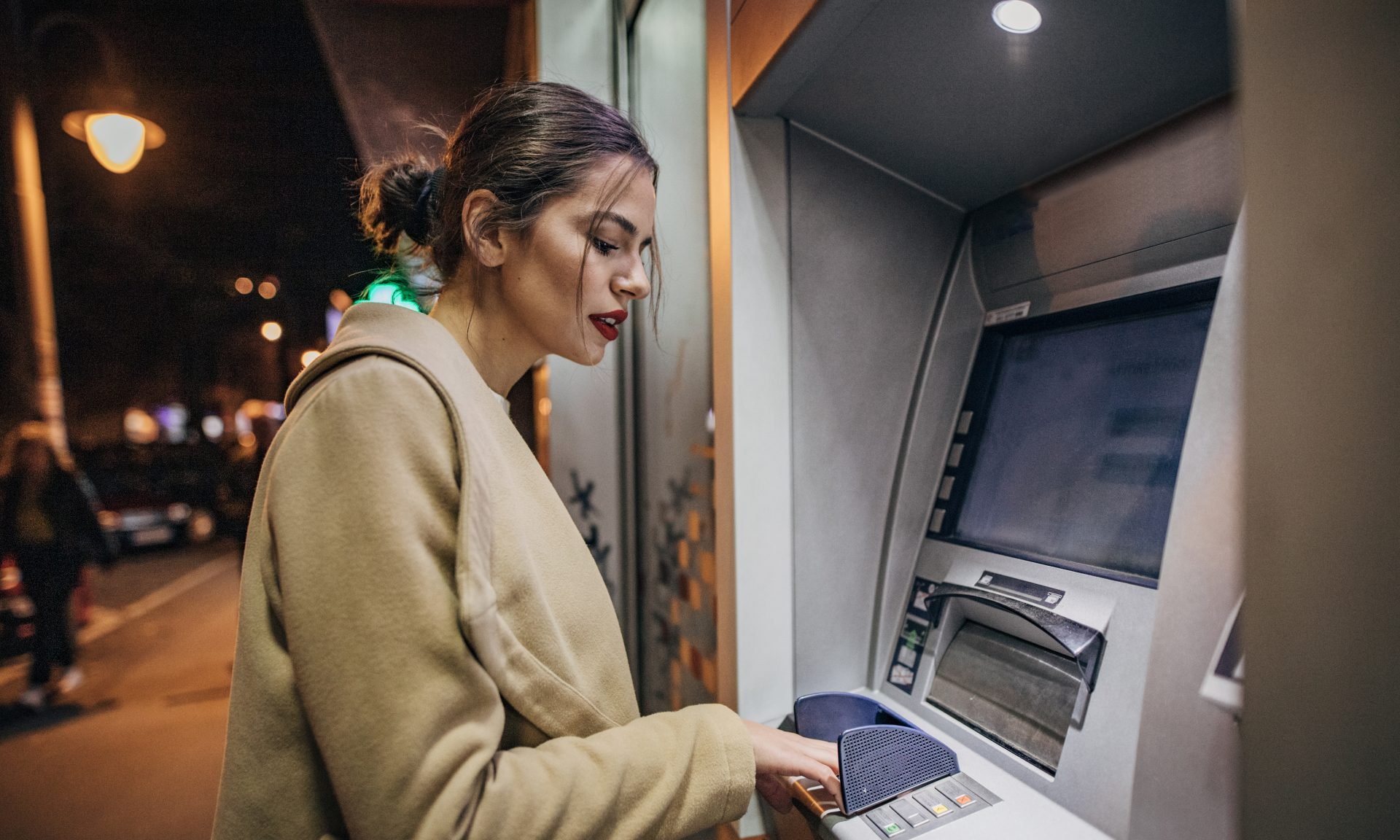Does Using a Credit Card Make You Spend More Money?
Studies suggest you're likely to spend more with a credit card than with cash. But responsible credit card use provides benefits that cash can't match.

Many or all of the products on this page are from partners who compensate us when you click to or take an action on their website, but this does not influence our evaluations or ratings. Our opinions are our own.
Does using your credit card make you feel more like you’re spending funny money than actual currency? It's a normal feeling. And research confirms that people do in fact spend more money — often, substantially more money — when they make purchases on a credit card instead of using cash.
It makes sense. Cash is a tangible piece of paper with value attached to it. When you spend it, you have less of it in your wallet. You see this and process it. But with the widespread adoption of credit cards, mobile wallets and peer-to-peer payment systems like Venmo, transactions are less transparent.
Will that make you spend more? Here’s what the studies say, and how you can make sure you’re in control of your spending.
Ready for a new credit card?
Create a NerdWallet account for insight on your credit score and personalized recommendations for the right card for you.

The psychology of credit card spending
It’s easy to convince yourself, without even knowing it, that you’re not spending “real” money when you charge on your credit card. And technically, that's correct.
"In fact, you're not really spending money — you're borrowing money," wrote author and certified public accountant Michele Cagan in her book, "Debt 101." "You know that you’ll have to pay the bill eventually, but the promise of small minimum payments can make purchases seem like bargains." Unless you pay back the purchase immediately, you won't feel the pain of the bill for basically a month.
Multiple behavioral economics studies back this up, including a now-classic 2001 study by Drazen Prelec and Duncan Simester, professors at Massachusetts Institute of Technology, in which randomly selected participants were offered the opportunity to buy highly desirable, sold-out tickets to a professional basketball game.
Half the participants were told that they would have to pay cash for the tickets. The other half were told that they would be required to pay by credit card. Those who were told they would have to pay by credit card were willing to pay more than twice as much on average as those who were told that they would have to pay by cash. In other words, study participants were willing to pay a 100% premium for the opportunity to buy now and pay later.
Another often-cited study is one conducted by Dun & Bradstreet, in which the company found that people spend 12%-18% more when using credit cards instead of cash. The Federal Reserve Bank of Boston found an even sharper disparity between cash and non-cash transactions. According to a 2016 report from the bank, the average value of a cash transaction was $22, compared with $112 for non-cash transactions — a 409% jump.
Older studies and real-world data points have also tended to support this general idea through the years:
- One study from the Journal of Applied Psychology found that diners tipped an average of about 4.3% more just by seeing a credit card logo on the tray that holds their restaurant bill.
- McDonald’s once reported that its average ticket was $7 when people used credit cards versus $4.50 for cash.
- A published paper from MIT economist Amy Finkelstein found that U.S. states with highway tolls would tend to increase that toll once they'd installed an automatic collection system, such as EZ-Pass. The study suggests that states realized they could charge more because consumers don't "feel" the electronic transaction in the same way they would by parting with "real money."
It's worth noting that some of the most influential studies on the topic were conducted at a time when it was less common than it is today to use credit cards for day-to-day expenses. On the whole, consumers of 20 years ago may have been more likely to use cash for small transactions and pull out credit cards only when they didn't have the cash they needed on hand. In such cases, the amount of spending can dictate the use of the credit card, rather than the use of a credit card driving higher spending.
Credit cards = happiness?
If you’ve ever shopped at Amazon at 2 a.m, you probably know this all too well. Since studies have shown that consumers are willing to spend more when they charge their purchases, it makes sense that credit cards are ripe for impulse purchases.
And for many impulse buyers, shopping may be a way to elevate their moods, noted consumer psychologist Ian Zimmerman, Ph.D., in an article for Psychology Today.
"The impulse buyer likes the product, and experiences pleasure at the thought of being able to purchase it immediately and go home with it," he wrote in the article. "The impulse buyer can’t resist the urge to buy the product and does so, without considering whether it’s too expensive and/or frivolous."
Enter the phenomenon known as “payment coupling," which studies refer to as the time difference between when you choose to purchase something and when you actually end up paying for it. With credit cards, because you don’t pay for something the moment you buy it, it’s less psychologically painful to spend your future money than your present money.
On the flip side, a 2016 study published in the Journal of Consumer Research concludes that those who pay with cash actually enjoy a better relationship with the products they purchase. Because cash is viewed as “real” money, consumers actually form an increased emotional attachment to the products they shell out their cold, hard dollars for.
Credit card spending still has many positives
Despite the potential to entice overspending, credit cards still come with a long list of checkmarks in the “pros” column. In fact, if you can stick to a budget and pay your card bill in full and on time each month, you should probably use a credit card for most expenses.
For starters, thanks to federal fraud protections and the 0% liability protection most card issuers offer, credit cards are safer to carry than cash and even debit cards. Many also come with consumer purchase protections such as extended warranties and insurance.
Plus, credit cards help you build credit, and you can earn significant rewards while you're at it.
And of course, in many cases, you may have little choice. If you simply don’t have enough cash in your pocket that day, or if you encounter a sudden emergency or change in your financial picture, a credit card may be your only option. Some businesses don't even accept cash anymore, for a variety of reasons including customer and employee safety.
But ultimately, responsible credit card spending is a good thing. If you treat it like "real" cash and swipe only what you know you can pay back in full and on time, you can reap many benefits.
Article sources
NerdWallet writers are subject matter authorities who use primary,
trustworthy sources to inform their work, including peer-reviewed
studies, government websites, academic research and interviews with
industry experts. All content is fact-checked for accuracy, timeliness
and relevance. You can learn more about NerdWallet's high
standards for journalism by reading our
editorial guidelines.
Find the right credit card for you.
Whether you want to pay less interest or earn more rewards, the right card's out there. Just answer a few questions and we'll narrow the search for you.
Related articles







